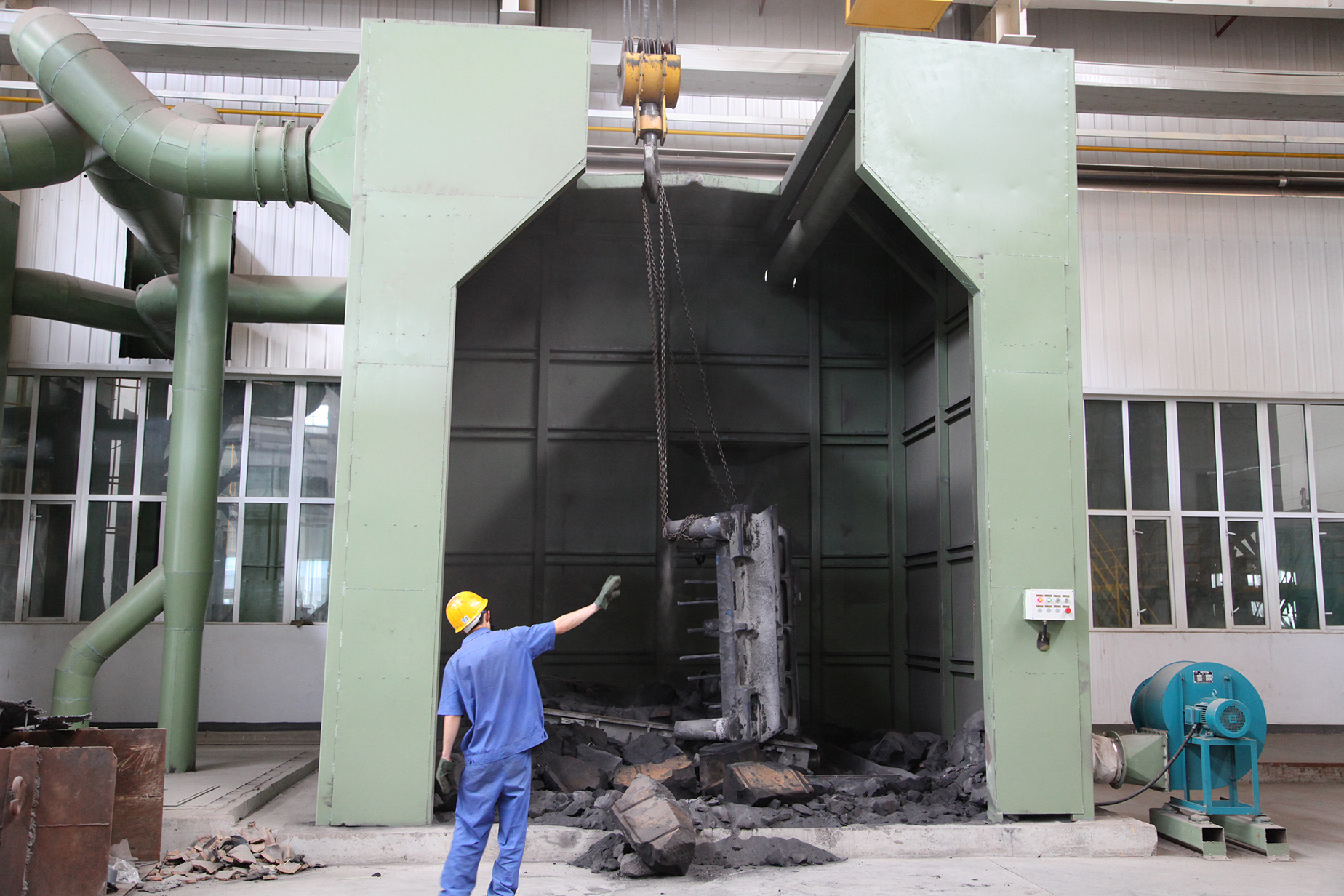- Afrikaans
- Albanian
- Amharic
- Arabic
- Armenian
- Azerbaijani
- Basque
- Belarusian
- Bengali
- Bosnian
- Bulgarian
- Catalan
- Cebuano
- China
- China (Taiwan)
- Corsican
- Croatian
- Czech
- Danish
- Dutch
- English
- Esperanto
- Estonian
- Finnish
- French
- Frisian
- Galician
- Georgian
- German
- Greek
- Gujarati
- Haitian Creole
- hausa
- hawaiian
- Hebrew
- Hindi
- Miao
- Hungarian
- Icelandic
- igbo
- Indonesian
- irish
- Italian
- Japanese
- Javanese
- Kannada
- kazakh
- Khmer
- Rwandese
- Korean
- Kurdish
- Kyrgyz
- Lao
- Latin
- Latvian
- Lithuanian
- Luxembourgish
- Macedonian
- Malgashi
- Malay
- Malayalam
- Maltese
- Maori
- Marathi
- Mongolian
- Myanmar
- Nepali
- Norwegian
- Norwegian
- Occitan
- Pashto
- Persian
- Polish
- Portuguese
- Punjabi
- Romanian
- Russian
- Samoan
- Scottish Gaelic
- Serbian
- Sesotho
- Shona
- Sindhi
- Sinhala
- Slovak
- Slovenian
- Somali
- Spanish
- Sundanese
- Swahili
- Swedish
- Tagalog
- Tajik
- Tamil
- Tatar
- Telugu
- Thai
- Turkish
- Turkmen
- Ukrainian
- Urdu
- Uighur
- Uzbek
- Vietnamese
- Welsh
- Bantu
- Yiddish
- Yoruba
- Zulu
Aug . 16, 2024 16:31 Back to list
China's Domestic Hot Water Heat Exchangers for Efficient Heating Solutions
Heat Exchangers for Domestic Hot Water in China
In recent years, the demand for energy-efficient heating solutions has seen a significant rise in China. With rapid urbanization and an increasing focus on sustainable living, households across the country are seeking innovative technologies to provide hot water. One of the most efficient solutions is the use of heat exchangers specifically designed for domestic hot water applications.
What is a Heat Exchanger?
A heat exchanger is a device that facilitates the transfer of heat between two or more fluids without them mixing. In the context of domestic hot water, heat exchangers allow cold water to absorb heat from a hotter fluid, which is often heated by gas, electricity, or renewable energy sources. This process not only conserves energy but also ensures that hot water is readily available for domestic use.
Types of Heat Exchangers
In the Chinese market, several types of heat exchangers are commonly used for residential hot water systems
1. Plate Heat Exchangers These are made up of multiple thin plates that create channels for fluid flow. Plate heat exchangers are highly efficient due to their large surface area and compact design, making them ideal for residential applications where space is limited.
2. Shell and Tube Heat Exchangers Consisting of a series of tubes enclosed within a shell, this type of heat exchanger is known for its robust construction and ability to handle large volumes of water. These are commonly used in larger residential systems or in central heating applications.
3. Spiral Heat Exchangers This design allows for a continuous flow of fluids in a coiled structure, enhancing the heat transfer process. Spiral heat exchangers are effective for applications that require a smaller footprint.
china heat exchanger for domestic hot water

4. Air-to-Water Heat Exchangers Often used in conjunction with heat pumps, these exchangers convert ambient air into heat that can warm up water for domestic use. They are particularly relevant in areas with mild climates, enhancing energy efficiency.
Advantages of Heat Exchangers for Domestic Use
1. Energy Efficiency Heat exchangers significantly reduce energy consumption by optimizing the heat transfer process. This leads to lower energy bills for households and a smaller carbon footprint.
2. Sustainability With China’s push towards greener technology, heat exchangers make it easier to integrate renewable energy sources, such as solar and geothermal energy, into domestic hot water systems.
3. Space-Saving Designs Many modern heat exchangers are compact and can easily fit into cramped residential spaces, offering convenience without sacrificing performance.
4. Enhanced Comfort With a heat exchanger system, households enjoy a consistent supply of hot water without delays, improving overall comfort and convenience.
Market Trends and Future Prospects
The market for heat exchangers in China is poised for growth due to the ongoing urbanization and rising living standards. Government initiatives aimed at energy conservation and the promotion of smart home technologies are further driving demand. Additionally, as Chinese manufacturers innovate and produce more homegrown technologies, costs are expected to decrease, making these systems more accessible to a broader audience.
In conclusion, heat exchangers represent an essential component of modern domestic hot water solutions in China. Their efficiency, sustainability, and adaptability position them as a key technology in the country's efforts to enhance energy performance in residential settings. As consumers become increasingly aware of the benefits, the adoption of heat exchanger systems will likely continue to rise, contributing to a more energy-efficient future for households across China.
-
8mm Thin-Walled Cast Steel Manhole Cover Pallet Bottom Ring | Durable
NewsAug.04,2025
-
Premium Cast Iron Water Main Pipe: Durable, Corrosion-Resistant
NewsAug.03,2025
-
Durable Cast Iron Water Mains | AI-Optimized Systems
NewsAug.02,2025
-
High-Efficiency Propane Boiler for Baseboard Heat | Save Energy
NewsAug.01,2025
-
Premium Source Suppliers for Various Gray Iron Castings
NewsJul.31,2025
-
Durable Cast Iron Water Main Pipes | Long-Lasting
NewsJul.31,2025


